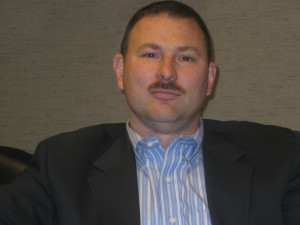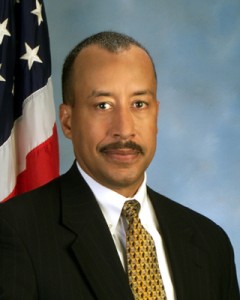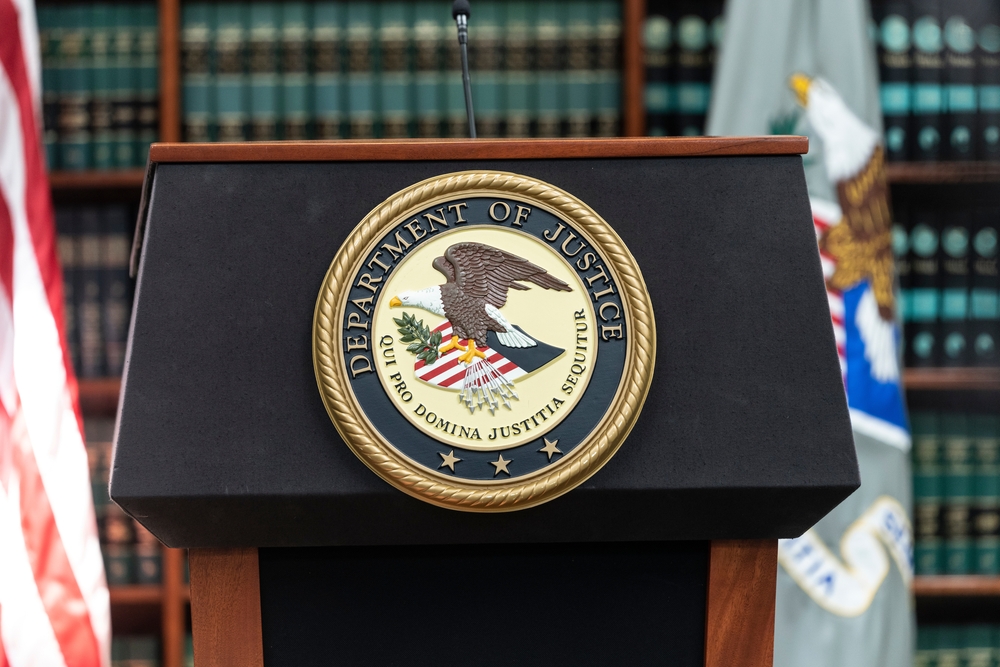Reprinted with permission from the website Main Justice.

With FBI Director Robert Mueller’s 10-year term expiring in September, President Obama faces one of the most important decisions of his presidency in the fight against terrorism: the selection of the next FBI Director. There are already calls for the President to nominate a judge or prosecutor, fields where the majority of the former Directors served before assuming office.
The Bureau’s leadership must evolve just as the challenges facing the Bureau have evolved, and the President should not limit candidates to judges or prosecutors, as accomplished as some of these individuals may be. The first Director selected post 9-11 must continue to enhance the effectiveness of the FBI in i the fight against terrorism, while not compromising the Bureau’s established expertise at both criminal and counterintelligence investigations.
The FBI Agents Association, representing over 12,000 current and former FBI Agents, believes the President should be guided by a new set of principles.

The FBIAA’s first principle is that a new Director must recognize that FBI Special Agents are Central to the Bureau’s core mission. In the wake of 9-11, there was a concerted effort to transfer the Bureau’s domestic, intelligence-gathering responsibilities to a proposed M15-styled agency. Quashing that effort, Director Mueller advocated the important linkage between criminal investigative principles and experience, intelligence gathering and analysis, and counterterrorism efforts. While priorities may change, Agents are as essential to the Bureau’s primary mission of protecting our country as they are to combating a wide array of crimes ranging from street gangs to mortgage fraud.
Second, effectively combating 21st century crimes requires bridging counterterrorism and traditional investigative efforts. Therefore, the next Director must have an understanding of more than just criminal prosecutions — he or she must be able to negotiate the unique issues associated with simultaneously working towards intelligence and criminal prosecution objectives.
Third, the new Director must advocate effectively for the Bureau, and therefore must understand and respect the work of Agents. History has show that when the senior-level men and woman who lead the Bureau understand Agents — the obstacles we overcome, the burdens our families endure, and the often life-threatening circumstances we face — the Bureau is a more effective agency.
As the FBIAA developed these principles, one candidate was brought up repeatedly by Agents in the field as someone who embodies them: Michael Mason. While our association is not limiting itself to the candidacy of Mr. Mason, we believe he is the type of person who embodies our principles.
Mr. Mason served the Bureau in a wide variety of positions and locations over his 23 year career, culminating in his assignment as Assistant Director in charge of the Washington Field Office, and ultimately, as the Executive Assistant Director for the Criminal Investigative Division of the FBI. He has unique private sector experience as director of security for a major international telecommunications company. His experience as a Special Agent in the field and as a leader in a variety of FBI management positions provides him a unique perspective that will enable him to formulate, implement, and communicate policies that maximize the effectiveness of the Bureau.
Just as unexpected challenges confronted Director Mueller when he assumed his position one week before 9-11, the next Director will have new obstacles to overcome and new opportunities to lead. There are many fine candidates who will likely be discussed in the coming weeks. In the post9-11 world, special attention should be paid to candidates like Michael Mason, who possess experience in criminal investigation, management of national security and intelligence operations, and who have worked with foreign countries and intelligence community partners.




